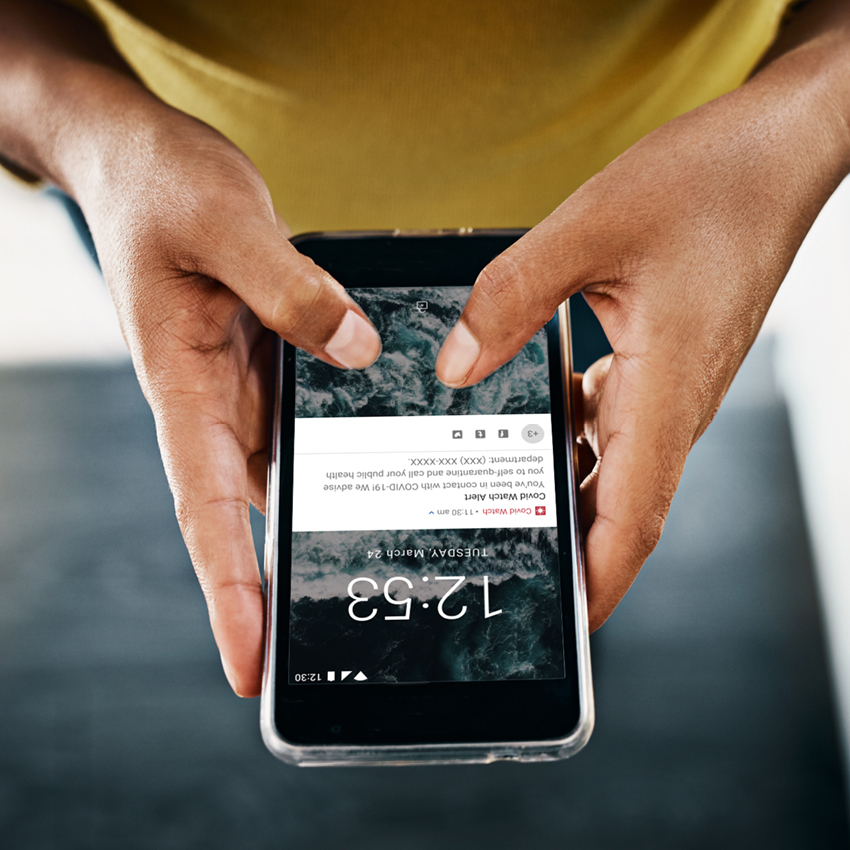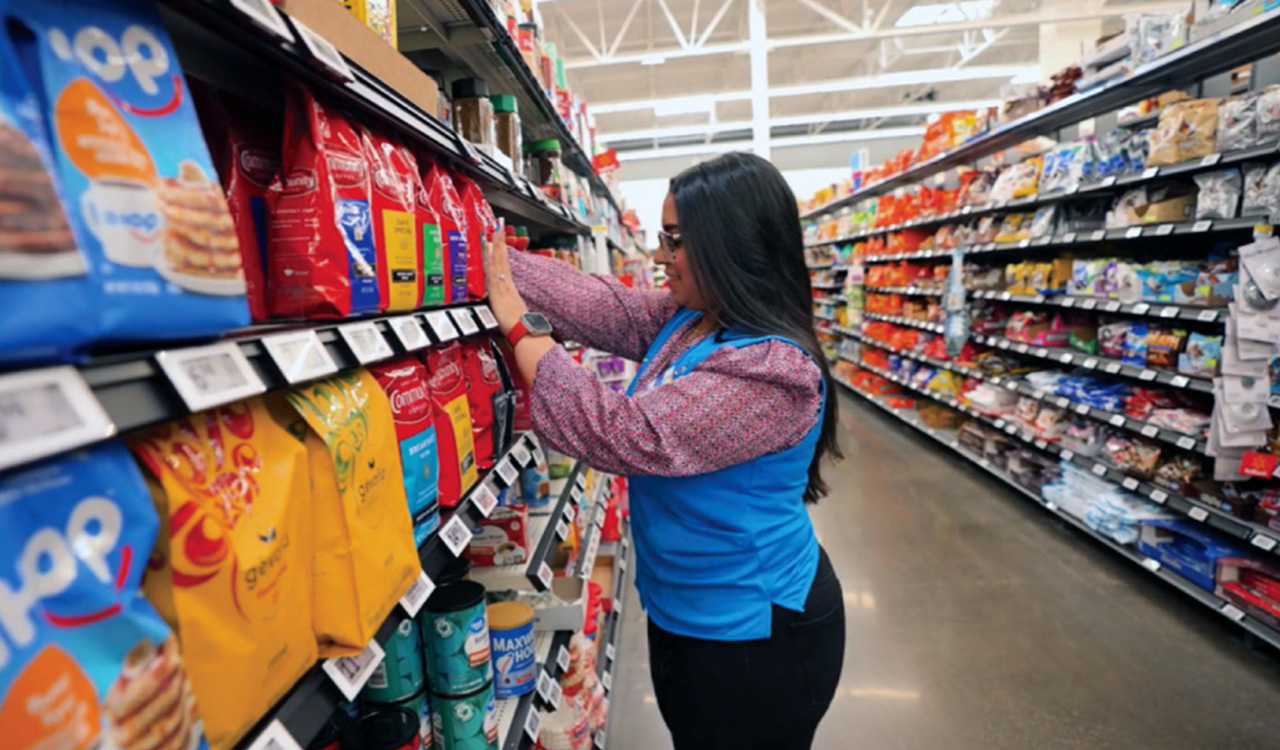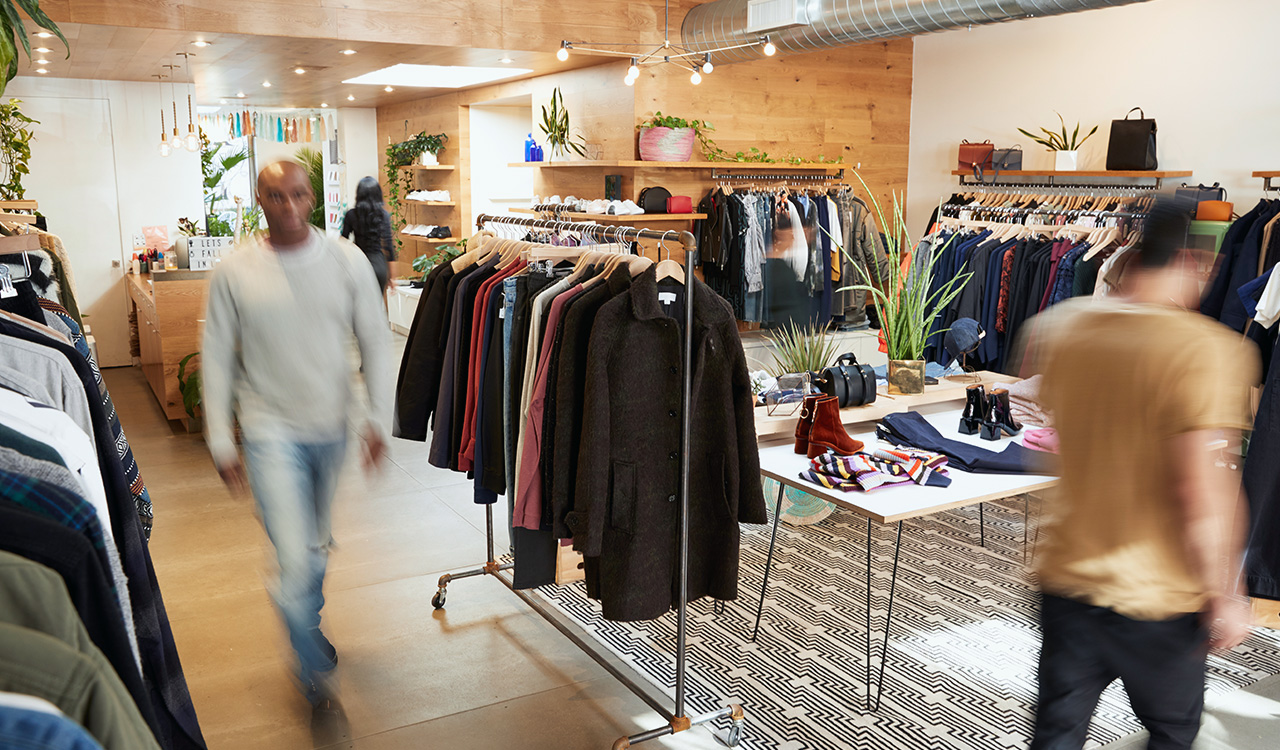We are all living in a time warp as our collective confinement continues, but let’s reminisce back to Q1 2020. In January, California residents gained the right to wrestle back their user data from the tech platforms, retailers, and any other companies that had captured and exploited it. In February, Senator Josh Hawley posited that the FTC take over Google, and Senator Amy Klobuchar introduced an antitrust modernization bill as a cudgel against big tech. The country was speeding toward a new era where the big technology companies would be reined in, and privacy protections would soon sweep the nation. Instead weeks later, what nearly swept us under was a global pandemic. We are looking for a way out, and it is those same big- tech companies we complained about are helping us get there.
Can We Have Contact Tracing and Privacy?
Before this pandemic the idea that American citizens might opt-in to have our movements, purchase activity, contacts, and health data shared with an online platform would sound like something from a dystopian William Gibson novel; globally, in several hard-hit countries citizens made that exchange in the interest of public health. Apple and Google may help us avoid that fate.
Within the academic and tech communities there has been a tug-of-war between one side (MIT, University of Toronto, McGill, Harvard) using the GPS- based location tracking systems that retailers have come to depend on, and a team at Stanford, Covid-Watch, who are promoting a less invasive Bluetooth-based technology. Covid-Watch founder and Stanford computer scientist Cristina White argues, “The best way to protect geolocation data from abuse is not to collect it in the first place”. Apple and Google have chosen this less invasive approach and will soon be releasing a set of tools enabling wide-spread contact tracing, part of an essential test and trace regimen critical to re-opening the economy. The companies claim that the data collected will not be stored on a server. This is good news. Not only has big-tech stepped up and created a streamlined tracking method that works within the most commonly used operating systems, but they have also chosen to mitigate the worst privacy risks we’ve witnessed in other countries battling the virus.
Survival = Surveillance?
In the U.S. we squandered valuable time as we hoped the health and economic effects of the coronavirus would be minimal on our shores, but during those early weeks we watched as China’s aggressively wove existing consumer technology platforms into the fabric of the pandemic response. On March first The New York Times reported, on the technology, “A new system uses software to dictate quarantines and appears to send personal data to police, in a troubling precedent for automated social control.”
Israel followed suit enlisting a robust and punitive approach. The Washington Post reports, “In addition to the location-tracking effort, Mr. Netanyahu’s caretaker government…authorized prison sentences of up to six months for anyone breaching isolation orders.”
Fast Company reported, on South Korea’s widespread surveillance efforts that have proved relatively successful, “The Ministry of the Interior and Safety’s smartphone app tracks users’ GPS location and also ties into a broad network of other monitoring: CCTV, credit card activity, cellphone tower logs, and more. If you test positive for COVID-19, the results will be shared with everyone you’ve spent time with.”
In China, Israel, South Korea, Hong Kong, and other countries, citizens are virtually required to participate in mass surveillance. By contrast, the Apple/Google system is strictly voluntary.
WIRED, reported on a call from a spokesperson for the joint project, \”As platform companies, we’ve both been thinking hard about what we can do to help get people back to normal life and back to work effectively. We think in bringing the two platforms together we can solve digital contact tracing at scale in partnership with public health authorities and do it in a privacy-preserving way.\”
Privacy Comes Off Life Support
The Apple/Google system has taken consumer data privacy off life support and allays the concerns of even the fiercest privacy advocates. A statement from the ACLU reads, \”To their credit, Apple and Google have announced an approach that appears to mitigate the worst privacy and centralization risks, but there is still room for improvement. We will remain vigilant moving forward to make sure any contact tracing app remains voluntary and decentralized.”
While our surveillance worries may have been quelled, and we appreciate that big tech has moved to provide services previously expected from our government, we should maintain a healthy degree of skepticism. Google provides an essential but “free” service that monetizes our data to fund their business, including these noble efforts; despite the warm feeling I get reading Apple’s declaration on privacy, these are a for-profit-companies with fiduciary duties to uphold.
What Can Retail Learn From This?
Hacker culture thrives on intellectual, technological, and creative problem solving that works tirelessly toward a goal. We see the results in the nimble response to the Coronavirus that Apple and Google have developed. The rapid development of a tracing technology that dovetails with the bedrock American principle of privacy demonstrates the efficacy of a problem-solving culture. Retail’s problems did not begin with this crisis, but our legacy culture left us entirely unprepared. This cataclysm could be a catalyst for cultural transformation from lethargic to nimble in the retailers who survive. As Apple advised us, “Think Different.”




